Finding Your Perfect Fintech Match: A Calm Guide to 2026 Business Tools
Is your current accounting software working for you—or are you working for it? In 2026, technology should bring clarity to your business, not more clutter. We support a wide range of fintech tools and are here to help you find the cloud-based solution that fits your unique daily rhythm. Discover how the right digital tools can automate the “paper shuffle” and give you back your most valuable asset: time.




